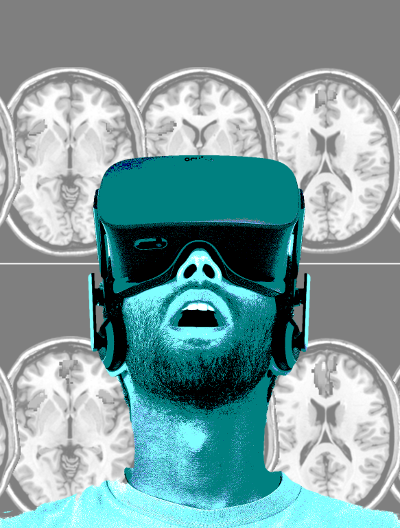Augmented walk to fight anxiety
 An augmented reality walk through before surgery could make the process less stressful.
An augmented reality walk through before surgery could make the process less stressful.
New research highlights the potential of augmented reality (AR) technology to alleviate preoperative anxiety in patients.
A study from the University of Miami introduces an immersive AR experience, utilising a specially designed headset to guide patients through their journey to the operating room.
During this virtual tour, the surgeon provides a comforting narrative, imparting a sense of familiarity and ease to the impending procedure.
To assess the effectiveness of this pioneering approach, the research team enlisted 46 patients awaiting surgery to partake in the AR experience, while an additional 29 patients received conventional preoperative instructions.
Anxiety levels were monitored throughout various stages of the process.
The group exposed to the AR intervention exhibited a significant decrease in anxiety prior to surgery, in stark contrast to the group receiving standard instructions, who saw a surge in anxiety levels.
No substantial distinctions in anxiety levels were discernible between the two groups post-operation.
The study's central question aimed to discern whether preoperative engagement with an AR simulation could impact patients' anxiety levels.
The randomised clinical trial found that individuals engaged in the preoperative AR experience reported a significant reduction in State-Trait Anxiety Inventory (STAI) scores, in comparison to their counterparts who received customary educational materials.
It is important to note, however, that the effect of AR on postoperative anxiety remains less conclusive.
The significance of these findings is underscored by the potential implications for healthcare practices.
The trial was conducted within an outpatient surgery centre, involving patients undergoing elective orthopaedic surgery.
Those in the AR group encountered an average decrease in anxiety scores from the initial assessment to the preoperative survey, whereas the standard care group exhibited an increase in anxiety.
Feedback from participants in the AR group conveyed a positive outlook on the experience, with a substantial majority indicating enjoyment, willingness to recommend the intervention, and the intention to use it again.
The findings suggest that AR technology could serve as a valuable tool in mitigating patient apprehension prior to surgery, ultimately fostering a more positive and reassuring healthcare experience.








 Print
Print